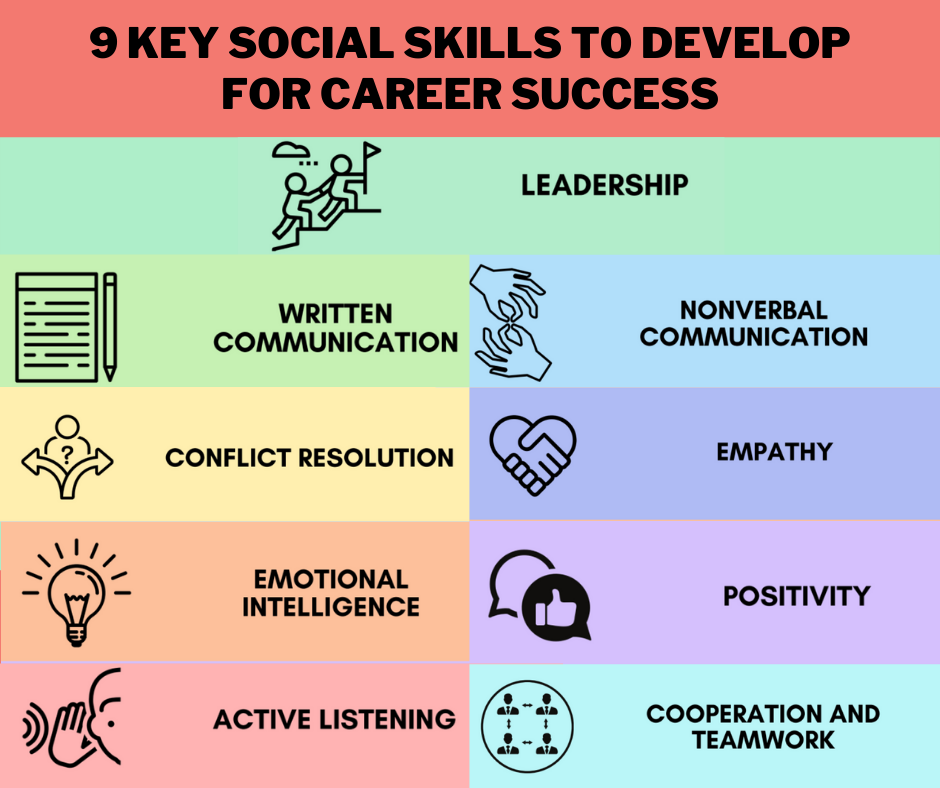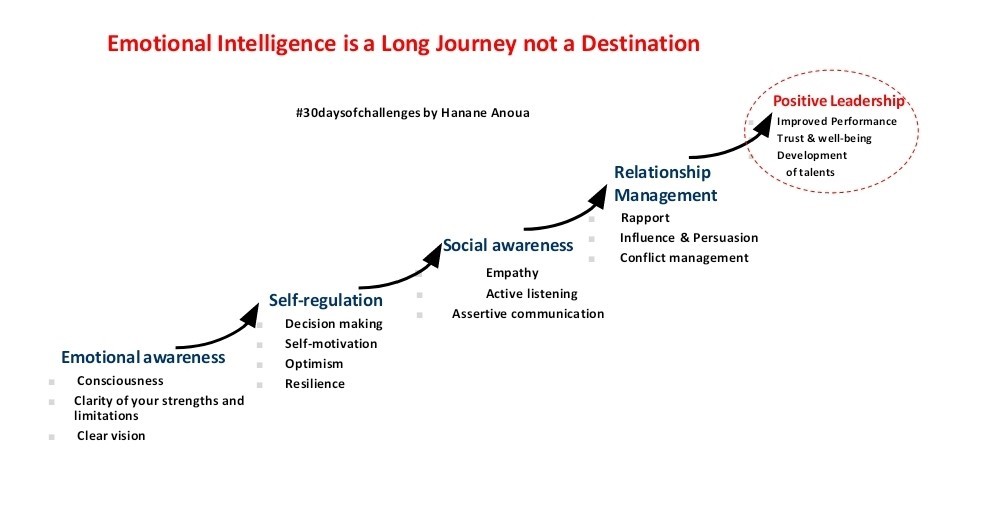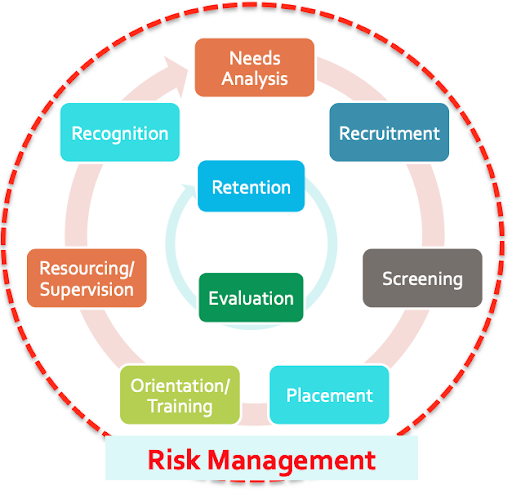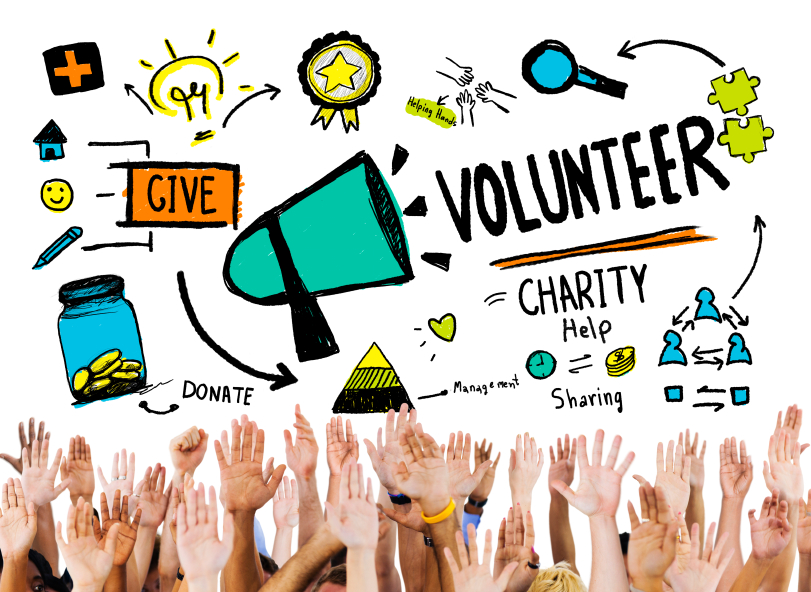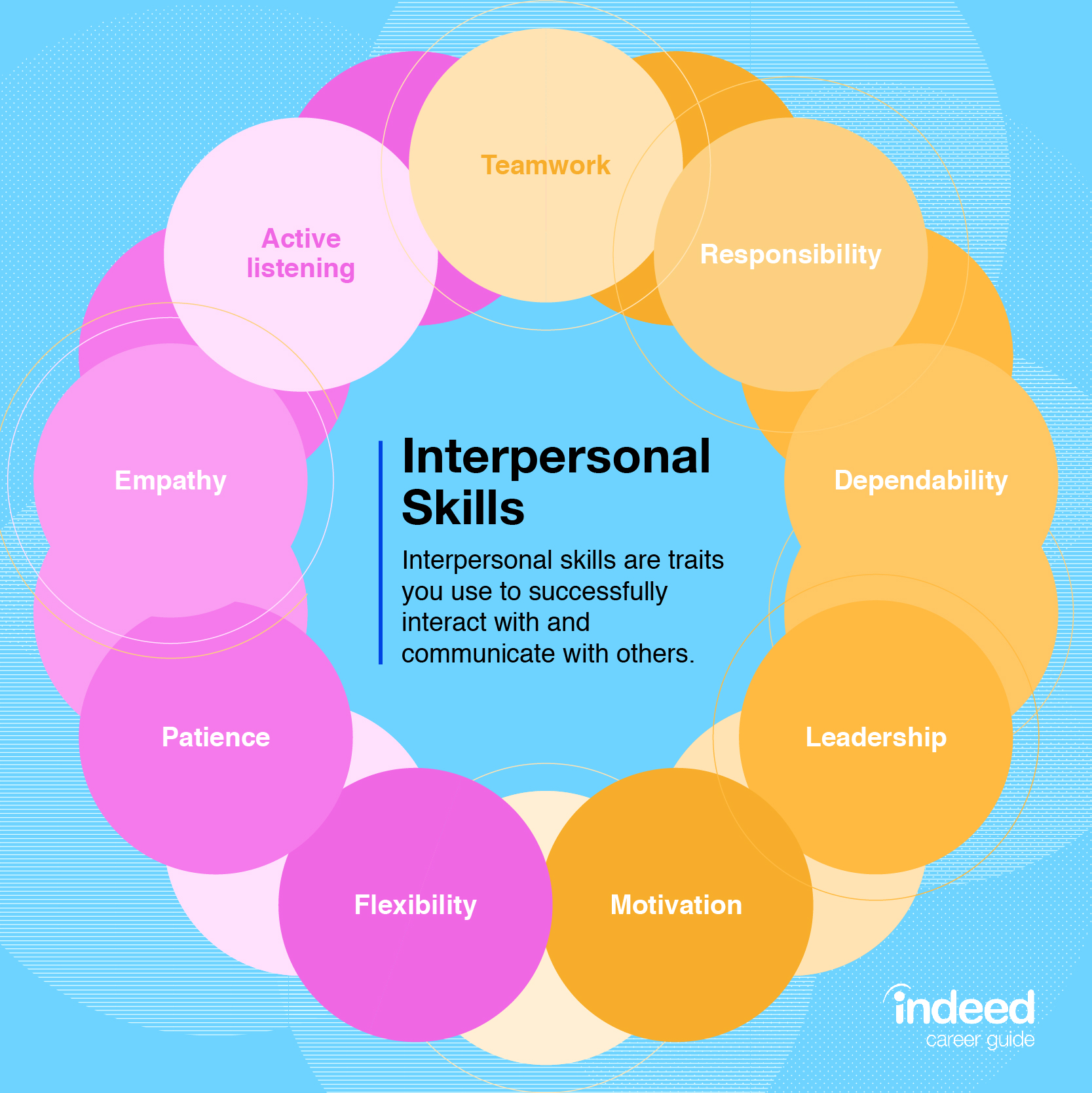Improving your relationships and social skills is essential for personal growth and overall happiness. Strong social connections contribute to our well-being and can positively impact various aspects of our lives, including our mental health, career success, and overall satisfaction. Whether you’re an introvert looking to enhance your social interactions or someone who wants to build healthier relationships, implementing these five simple steps can help you improve your relationships and social skills.
1. Active listening:
Effective communication is the foundation of any successful relationship. Active listening is a valuable skill that allows you to understand others better and fosters stronger connections. When engaged in a conversation, focus on the speaker, maintain eye contact, and avoid interrupting. Show genuine interest in what they’re saying and ask open-ended questions to encourage further discussion. Practice active listening regularly to strengthen your communication skills and build deeper connections with others.
2. Empathy and understanding:
Developing empathy is crucial for building meaningful relationships. Try to put yourself in others’ shoes and understand their perspectives, feelings, and experiences. By doing so, you’ll demonstrate compassion, foster trust, and nurture stronger connections. Show genuine interest in others’ emotions, validate their experiences, and respond with empathy. Developing empathy takes time, but actively practicing it will foster healthier relationships and enhance your social interactions.
3. Nonverbal communication:
Verbal communication is only one part of the equation; nonverbal cues play a significant role in conveying messages and building connections. Pay attention to your body language, facial expressions, and gestures when interacting with others. Maintain an open posture, make appropriate eye contact, and smile genuinely to signal approachability and interest. Additionally, mirror the body language of the person you’re speaking with, as it can create a sense of rapport and build trust. Being aware of nonverbal communication can help you convey your intentions more effectively and improve your overall social skills.
4. Assertiveness:
Being assertive means expressing your thoughts, feelings, and opinions honestly and effectively while respecting the boundaries and opinions of others. Assertive communication helps you establish healthy boundaries, resolve conflicts, and build stronger relationships. Practice speaking up for yourself in a respectful manner, using “I” statements to express your thoughts and feelings. Additionally, learn to say “no” when needed, as it allows you to prioritize your needs and maintain balance in your relationships. Developing assertiveness takes practice, but it can significantly enhance your social interactions and improve your relationships.
5. Building a support network:
Building a support network of friends, family, and like-minded individuals can provide valuable emotional support and enrich your life. Seek out social opportunities, join hobby groups, or engage in activities that align with your interests. Surrounding yourself with positive and supportive individuals will enhance your social skills and help you develop stronger relationships. Additionally, be proactive in maintaining these connections by regularly reaching out and nurturing your friendships.
Improving your relationships and social skills is an ongoing process that requires consistent effort. By practicing active listening, fostering empathy, mastering nonverbal communication, embracing assertiveness, and building a support network, you can enhance your social interactions and experience more fulfilling relationships. Remember, small changes can make a significant difference in your personal and social life. So, embark on this journey of self-improvement, and watch your relationships flourish.







